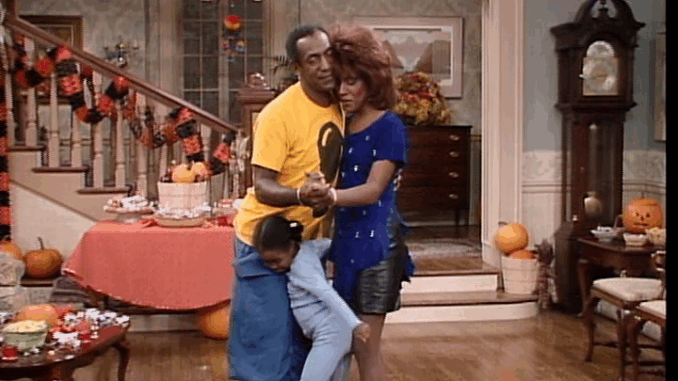
When The Cosby Show premiered on NBC in 1984, few could predict it would become one of the most groundbreaking series in American television history. Running for eight seasons and dominating prime-time ratings, the show did more than make people laugh—it transformed how families, especially Black families, were seen on screen.
A Cultural Phenomenon
At its peak, The Cosby Show was a cultural juggernaut. It was the number one show in America for five straight years and reached millions of viewers across races, regions, and continents. But beyond the numbers, the show achieved something even more meaningful: it normalized the image of a successful Black family living the American dream.
In the Huxtables, audiences saw love, discipline, humor, and ambition. Cliff and Clair Huxtable were not just good parents—they were professionals, partners, and deeply relatable figures. Their home became a mirror and a model for what many aspired to, regardless of their background.
Redefining Representation on Television
Before The Cosby Show, Black characters were often relegated to supporting roles or confined to narratives steeped in struggle and stereotypes. The Huxtables broke that mold.
Here was a Black family that was educated, upwardly mobile, and emotionally intelligent. They celebrated African American culture—through music, history, and food—while also participating fully in American society. For the first time, a sitcom centered a Black family without making their race the punchline or the problem.
This visibility mattered. It opened doors for other shows like Family Matters, The Fresh Prince of Bel-Air, and later Black-ish, all of which owe a creative debt to The Cosby Show.
More Than Entertainment: An Educational Tool
One of the show’s greatest strengths was how it used comedy to spark conversation. Topics like learning disabilities, puberty, dating, and ethical dilemmas were woven into episodes with both sensitivity and humor. The show didn’t lecture—it engaged.
Parents watched with their children. Teachers used episodes in classrooms. And young viewers saw characters like themselves navigating life with honesty and hope. The show became a quiet but powerful force for informal education.
Navigating a Complicated Legacy
In recent years, public discussion around The Cosby Show has shifted, largely due to the legal and personal controversies surrounding Bill Cosby. For many fans, this has complicated their relationship with the show. Can we still appreciate a work of art when the artist has fallen from grace?
It’s a question without easy answers. Yet for many, the impact of The Cosby Show—its representation, values, and cultural significance—remains intact. The art, shaped by a community of writers, actors, and creatives, continues to stand as a landmark in television history.
Final Thoughts
The Cosby Show wasn’t just a television series—it was a movement. It changed how Black families were portrayed, redefined sitcom storytelling, and left an imprint that still echoes through modern media.
Decades after it first aired, The Cosby Show remains a point of reference in any discussion about race, family, and entertainment. While its legacy may be complicated, its contributions to culture and visibility are undeniable.
In a world still struggling with representation, the Huxtables remind us what’s possible when we tell stories that reflect both who we are—and who we hope to be.